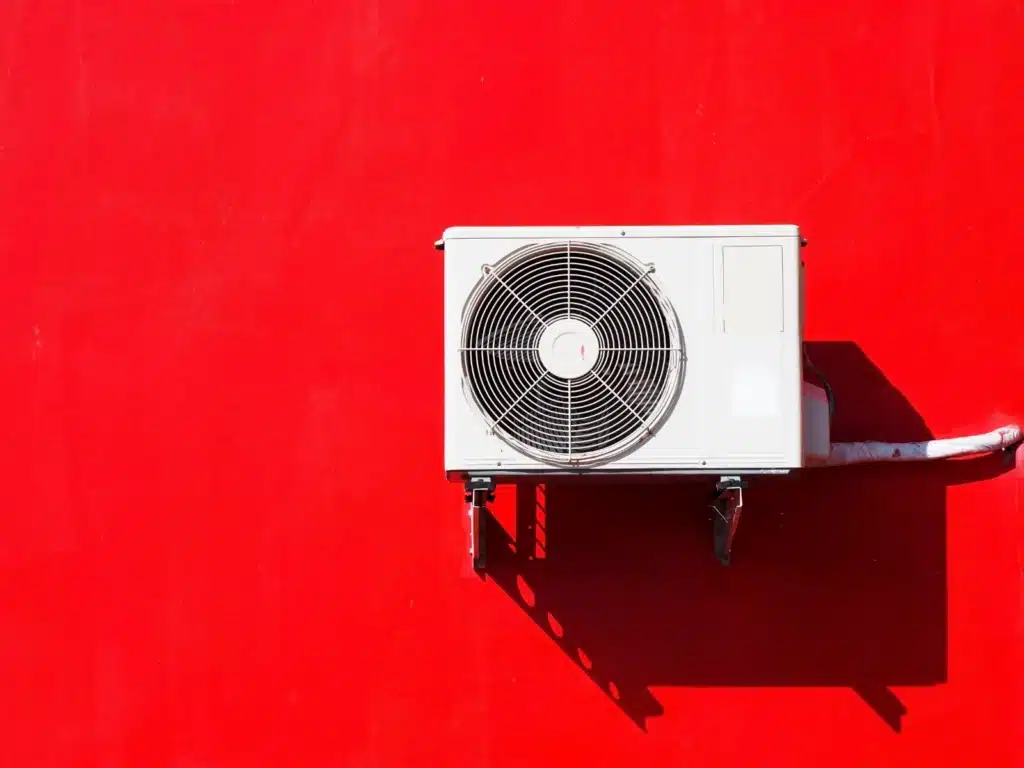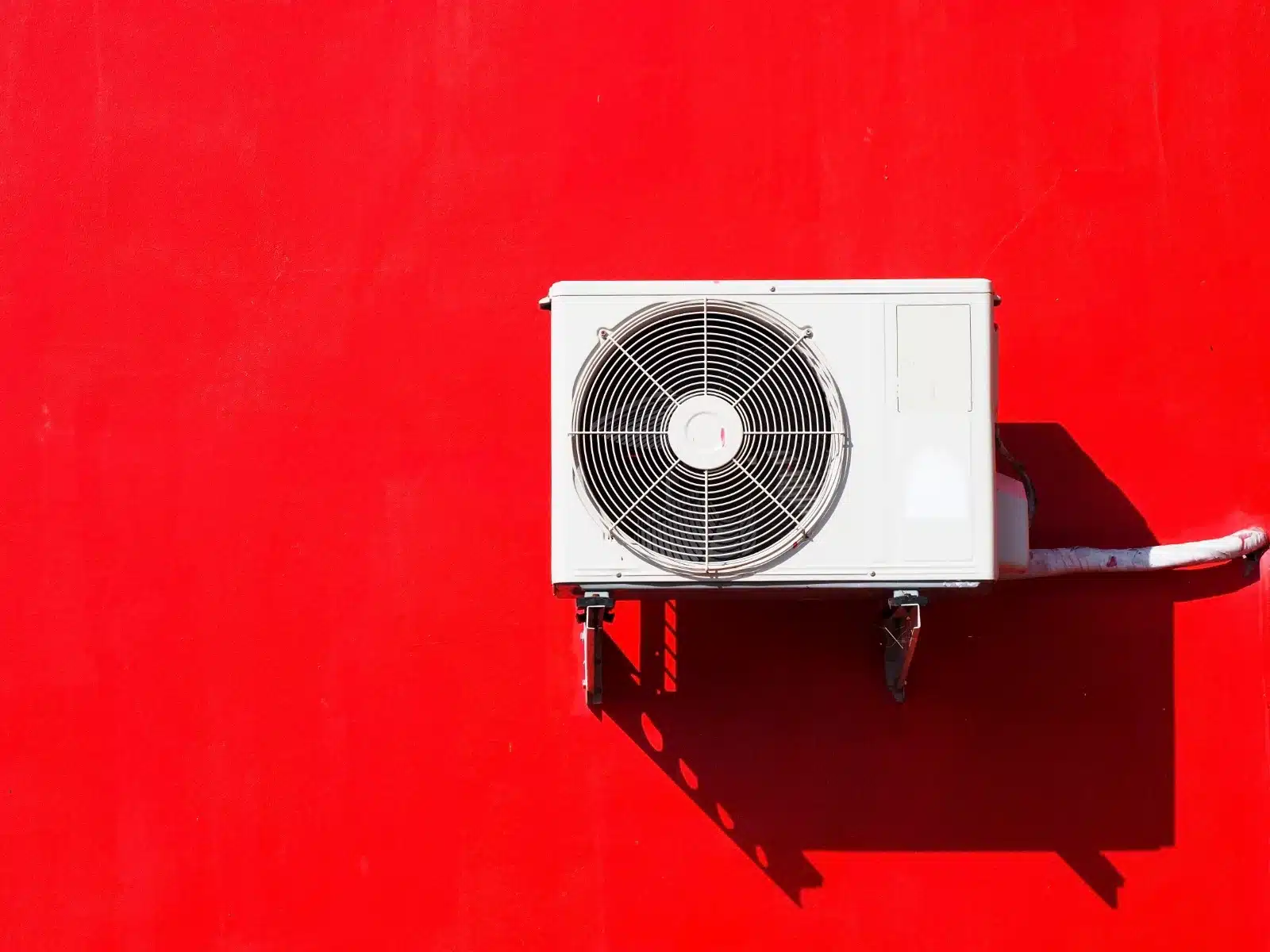
Introduction:
As the world seeks sustainable and efficient alternatives for heating and cooling, heat pumps have emerged as a promising solution. In the United Kingdom, where energy consumption for heating purposes is significant, heat pumps offer numerous benefits, both for the environment and homeowners. This article explores the advantages of using heat pumps in the UK, including energy efficiency, cost savings, environmental impact, and versatility. More detail can be found at comparegreen.com.
Energy Efficiency:
Heat pumps are renowned for their exceptional energy efficiency. Unlike traditional heating systems that rely on burning fossil fuels, heat pumps operate by transferring heat from one place to another. They extract heat from the air, ground, or water sources, and with the help of refrigerants and compressors, they amplify and distribute the heat to warm indoor spaces. Heat pumps can achieve a coefficient of performance (COP) greater than 1, meaning they produce more heat energy than the electricity they consume. This efficiency results in significant energy savings, reducing both the carbon footprint and the cost of heating homes in the UK.
Cost Savings:
The energy efficiency of heat pumps translates into tangible cost savings for homeowners. Although the upfront installation cost of a heat pump system may be higher compared to traditional heating systems, the long-term savings can outweigh the initial investment. Heat pumps require less electricity to produce the same amount of heat compared to conventional heating methods. Consequently, households using heat pumps experience reduced energy bills and benefit from lower annual heating costs. The specific savings depend on various factors such as insulation, building size, and heat pump type, but it is not uncommon for heat pump owners to experience significant reductions in heating expenses.
Renewable and Clean Energy:
Heat pumps utilize renewable sources of energy, making them environmentally friendly and reducing reliance on fossil fuels. In the UK, where the government aims to achieve net-zero carbon emissions by 2050, transitioning to low-carbon heating solutions is crucial. Heat pumps offer a greener alternative to traditional heating systems, as they generate heat without producing direct emissions. By extracting heat from natural sources such as the air, ground, or water, heat pumps contribute to reducing greenhouse gas emissions, improving air quality, and mitigating climate change. The use of heat pumps aligns with the UK’s commitment to sustainable and clean energy solutions.
Versatility and Dual Functionality:
Heat pumps provide versatility in their operation, serving both heating and cooling needs. While they excel at providing efficient heating during colder months, heat pumps can be reversed to extract heat from indoor spaces during warm weather, providing cooling comfort. This dual functionality eliminates the need for separate heating and cooling systems, simplifying the home’s overall HVAC setup and potentially reducing installation and maintenance costs. Heat pumps can also be integrated with other technologies such as underfloor heating systems or domestic hot water heaters, further enhancing their versatility and usefulness.
Longevity and Durability:
Heat pumps are known for their longevity and durability. When properly installed and maintained, heat pump systems can last for decades, outperforming traditional heating systems in terms of longevity. They have fewer mechanical components, reducing the likelihood of breakdowns and the need for frequent repairs. Heat pumps also have a longer expected lifespan compared to fossil fuel-based systems. Additionally, heat pumps operate at lower temperatures, resulting in less wear and tear on the equipment. The combination of longevity and durability makes heat pumps a reliable and long-term investment for homeowners in the UK.
Government Incentives:
To encourage the adoption of heat pumps and promote sustainable heating, the UK government offers various incentives and schemes. The Renewable Heat Incentive (RHI) is one such program that provides financial incentives to homeowners and businesses that install renewable heating systems, including heat pumps. The RHI offers payments based on the amount of renewable heat generated by the heat pump system, providing a significant financial boost and accelerating the return on investment for heat pump owners. It’s important to stay updated on the current schemes and eligibility criteria to take full advantage of these incentives.
Some of the potential drawbacks on heat pumps include
Upfront Costs:
One of the primary concerns for homeowners considering heat pumps is the upfront installation cost. Compared to traditional heating systems, heat pumps often require a higher initial investment. The cost includes not only the heat pump unit itself but also the installation of the required infrastructure, such as ground or air source heat exchangers. Additional expenses may arise if retrofitting is necessary to adapt the existing heating system for heat pump integration. The initial costs can be a deterrent for some homeowners, even with the long-term energy savings that heat pumps offer.
Retrofitting Challenges:
Retrofitting an existing property to accommodate a heat pump system can present challenges. Heat pumps are most efficient when used with well-insulated properties that have a lower heat demand. Older homes with inadequate insulation may require significant energy efficiency upgrades before a heat pump can be installed effectively. The cost and complexity of retrofitting can be substantial, potentially adding to the overall investment required. Homeowners should assess the feasibility of retrofitting their property and evaluate the associated costs and benefits before deciding on a heat pump installation.
System Complexity:
Heat pump systems can be more complex compared to traditional heating systems. They require careful design, sizing, and installation to ensure optimal performance. Proper installation and configuration are crucial to achieving the desired energy efficiency and comfort levels. The complexity of the system may require specialized knowledge and expertise, increasing the reliance on trained professionals for installation, maintenance, and troubleshooting. Homeowners considering heat pumps should be prepared to work with qualified technicians and ensure regular maintenance to maximize system efficiency and performance.
Noise Levels:
Heat pumps, particularly air source heat pumps, can generate noise during operation. The noise is produced by the compressor and fans within the unit. While manufacturers strive to minimize noise levels, it can still be a concern, especially in residential areas where neighbors may be affected. Although technological advancements have led to quieter heat pump models, homeowners should consider noise considerations when selecting the location for installation. Proper placement and the use of noise-reducing measures, such as acoustic enclosures, can help mitigate noise issues associated with heat pump operation.
Seasonal Performance Variability:
The performance of heat pumps can vary depending on the season and outdoor temperatures. Air source heat pumps, in particular, may experience reduced efficiency and capacity during very cold winter conditions. This is because the amount of heat that can be extracted from the outdoor air decreases as the temperature drops. To compensate for this, some heat pump systems incorporate auxiliary heating systems, such as electric resistance heaters or backup boilers. However, this can impact the overall energy efficiency and increase operating costs during extreme cold spells. Homeowners should assess the climate and temperature variations in their region to determine the suitability of heat pumps for year-round heating requirements.
Conclusion:
Heat pumps offer numerous benefits for homeowners in the UK, ranging from energy efficiency and cost savings to environmental sustainability and versatility. Their ability to generate heat from renewable sources, coupled with their long lifespan and durability, make heat pumps a wise investment in the transition to a greener future.
With government incentives and the growing emphasis on sustainable heating, heat pumps are becoming an increasingly attractive option for UK residents, helping them reduce their carbon footprint, save on energy costs, and enjoy comfortable and efficient heating and cooling throughout the year.
They also come with certain drawbacks and considerations. But despite these drawbacks, advancements in technology, ongoing government incentives, and the UK’s commitment to sustainability make heat pumps an increasingly attractive option for efficient and low-carbon heating in the country.
